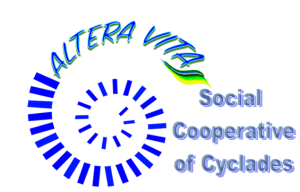Audience as Citizens and Users/Consumers
Aggregazione dei criteri

In today's media landscape, audiences play a multifaceted role that extends beyond passive consumption. As both citizens and consumers, individuals shape public discourse while driving the content and direction of media and information. Understanding the significance of this dual role, the concept of "Stop. Reflect. Verify." emerges as a guiding principle for engaging critically with information, ensuring informed decision-making and media accountability.

The key objectives of this section are to:
- Understand the dual role of audiences as citizens and consumers in shaping the media landscape and societal narratives.
- Learn the three-step process of "Stop. Reflect. Verify." for critically analyzing information in a fast-paced media environment.
- Develop competencies in pausing to assess information sources, critically reflect on context and bias, and proactively verify the accuracy of information.
Competencies gained:
- Critical thinking: Ability to evaluate information sources, contexts, and biases.
- Media literacy: Skills in discerning reliable information and distinguishing it from misinformation.
- Active citizenship: Capacity to engage with media critically, contributing to informed decision-making and societal accountability.

Think for a moment...
- Do you actively seek out additional sources or fact-check information before accepting it as true?
- How often do you pause to consider the credibility and impact of the information you encounter?
- How do your media consumption habits influence the content produced by media outlets?
- What role do you believe individuals play in ensuring the accountability and transparency of media organisations?
Ultime modifiche: lunedì, 24 giugno 2024, 14:11
